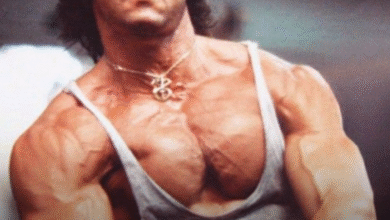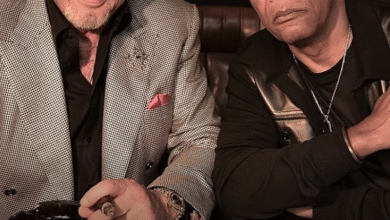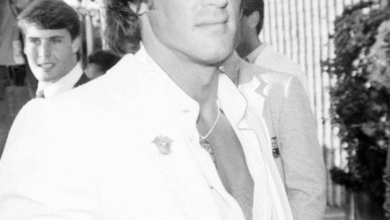The Things Marilyn Monroe Regretted Missing Out On—A Glimpse Behind the Glamour
OPINION: This article may contain commentary which reflects the author's opinion.
Marilyn Monroe, the quintessential Hollywood icon known for her dazzling beauty and magnetic charm, has long been remembered as the ultimate symbol of glamour and sensuality. Yet behind the silver screen and flashing cameras lay a woman with deep yearnings and unfulfilled dreams—a complexity often obscured by her public image.
Though famously quoted as saying, “Fear is stupid. So are regrets,” Monroe’s private writings reveal a far more nuanced reality. She grappled with regrets—not over her fame or success—but over what she felt she missed out on in life.
A Hunger for Artistic Fulfillment
Despite being adored for her sex appeal and comedic timing, Monroe fiercely desired to be recognized as a serious actress. Determined to break free from the “blonde bombshell” stereotype, she studied method acting under the legendary Lee Strasberg and even co-founded her own production company to gain greater creative control.
Still, Hollywood was reluctant to see beyond her image. In personal notes published after her death, Monroe lamented the typecasting that confined her to roles prioritizing her looks over her talent. Her true regret was the feeling of being underestimated, of never fully realizing her artistic potential.
The Dream of a Family Left Unfulfilled
Monroe’s private life was marked by sorrow and longing. Her high-profile marriages to Joe DiMaggio and Arthur Miller ended in heartbreak, but the deeper wounds came from her multiple miscarriages—each a painful blow to her dream of motherhood.
Abandoned by her parents and shuffled through foster homes as a child, Monroe yearned for the stability and intimacy of family. Her diaries and letters reveal a profound ache for the love and security that had eluded her throughout her life.
The Weight of Mental Health Struggles
Behind the glamour, Monroe battled significant mental health challenges, including depression and anxiety. She underwent years of psychoanalysis and faced institutionalization to address her fragile emotional state.
Her writings speak candidly of the isolation she felt—alienated from her true self by the world’s fixation on the persona she portrayed on screen. Fame, rather than healing her insecurities, often amplified them, leaving Monroe disconnected and vulnerable.
Marilyn Monroe’s legacy extends beyond her iconic image to the poignant humanity beneath. Her regrets were not about what she achieved, but about the meaningful roles, lasting love, and emotional peace she was denied. Her story remains a powerful reminder that behind even the brightest stars, there can be shadows of longing and complexity that define the true measure of a life lived



